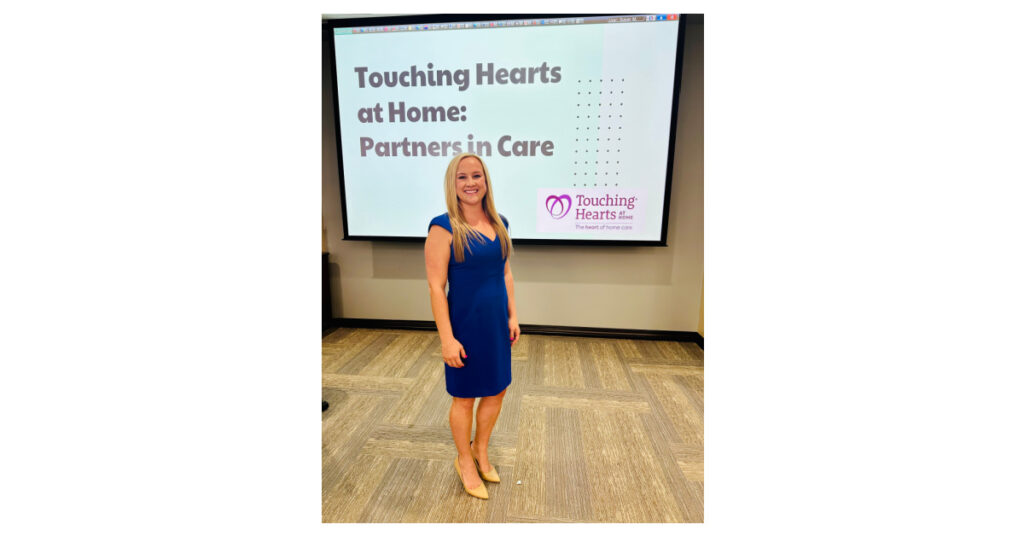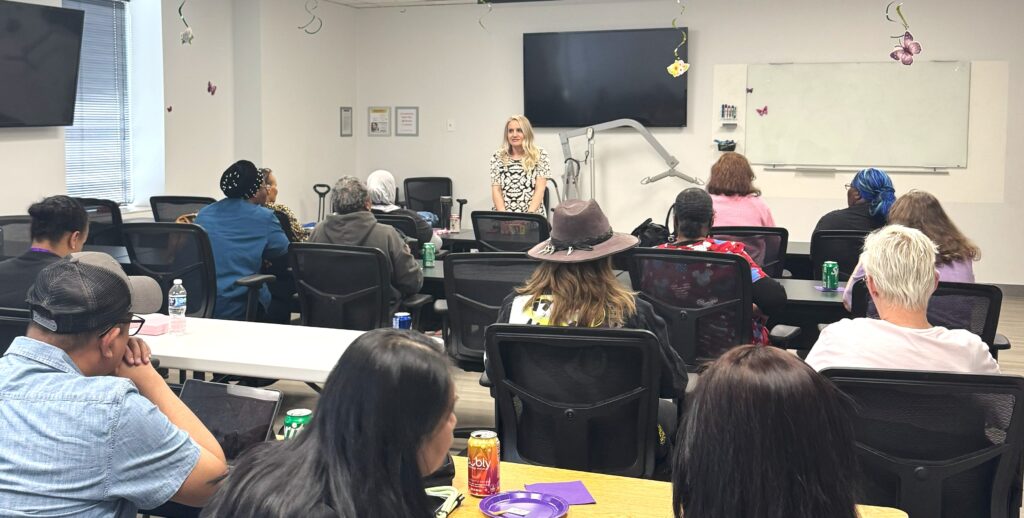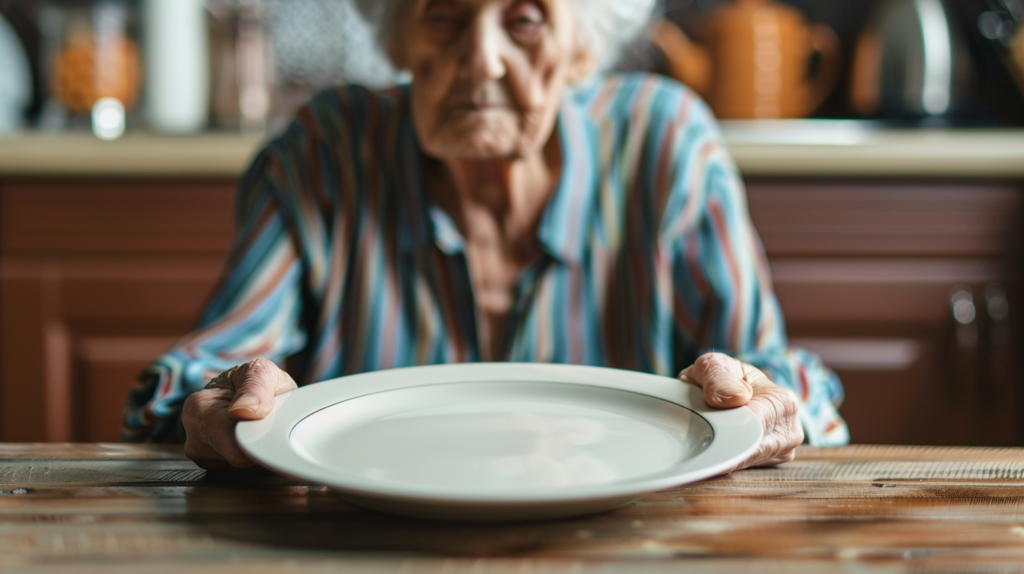Contaminated Food
- Always wash your hands before and after handling food. Scrub your hands for a t least 20 seconds in warm, soapy water to effectively remove dirt and germs.
- Only marinate food in the refrigerator and do not reuse the marinade on cooked food.
- Use a food thermometer to make certain food reaches a safe internal temperature. For example: hamburgers should be cooked to 160 degrees Fahrenheit, steaks and fish to 145 degrees Fahrenheit, and a chicken breast to 165 degrees Fahrenheit.
- Never place cooked food on a plate that previously held raw meat, poultry, seafood, or eggs. Have plenty of clean utensils, plates and cookware on hand when preparing food and cooking.
- Perishables, meaning raw meat, poultry, eggs, cooked food, cut fresh fruits or vegetables, should never be allowed to sit at room temperature for more than two hours before storing them in the refrigerator or freezer. When the temperature is above 90 degrees Fahrenheit, foods should be stored within less than an hour.
- Always clean a food cooler before filling it with ice or an ice pack to keep food cold. A full cooler keeps food colder longer. Keeping drinks in a separate cooler can help to avoid opening and closing a food cooler many times.
- When you travel with a food cooler, keep it in the air-conditioned part of the car rather than in a hot trunk. This includes transporting groceries from the store to your home.
- Remember, even a packed lunch with perishables like meat, cheese or mayonnaise must be kept cold. These rules aren’t just for picnics or traveling. A clean, insulated lunch bag with an ice pack is an easy way to do this.
It was my cat’s vet who recently reminded me of food safety! Cats, like us, can have issues from contaminated food due to all the same food safety rules being broken as what people need to follow. Even when we think we are leaving snacks out for our favorite pets, the same rules for perishables apply.
What’s the exception? Water; drink it cold, tepid, or hot. Keep it in clean containers that you empty often. Dehydration along with food poisoning is common among older adults and can be life threatening.
Protect yourself and those you care for!
You may also like:
How Companion Care at Home Brings Comfort During National Osteoporosis Awareness Month
Companion Care at Home in Centennial CO: Companion care at home helps seniors with osteoporosis stay active and safe.
Elevating Care: The Impact of Ongoing Training at Touching Hearts at Home
At Touching Hearts at Home, we understand that caregiving is both an art and a science, requiring continuous learning and…
6 Signs Your Senior May Need Home Care Assistance
Home Care Assistance in Castle Pines CO: Here are six signs that your senior loved one may be struggling to…
Overcoming Mobility Challenges with Parkinson’s Disease
In-Home Parkinson's Care in Centennial CO: In-home Parkinson's care helps seniors manage mobility challenges and maintain independence.
Preparing for the Future with Advanced Directives
Planning for the future can bring peace of mind to seniors and their families. One way to ensure that personal…
What is the Difference Between Home Care and Home Health Care?
When seeking in-home support for a loved one, it’s crucial to understand the distinction between home care and home health…
Honoring Social Workers in Denver
March is Social Work Month! This year’s theme, “Social Work: Compassion + Action,” highlights the incredible impact social workers have…
Save Your Vision Month: Recognizing the Signs of Vision Loss in Seniors
Vision changes are a natural part of aging, but some seniors experience more serious vision reduction or even complete vision…










